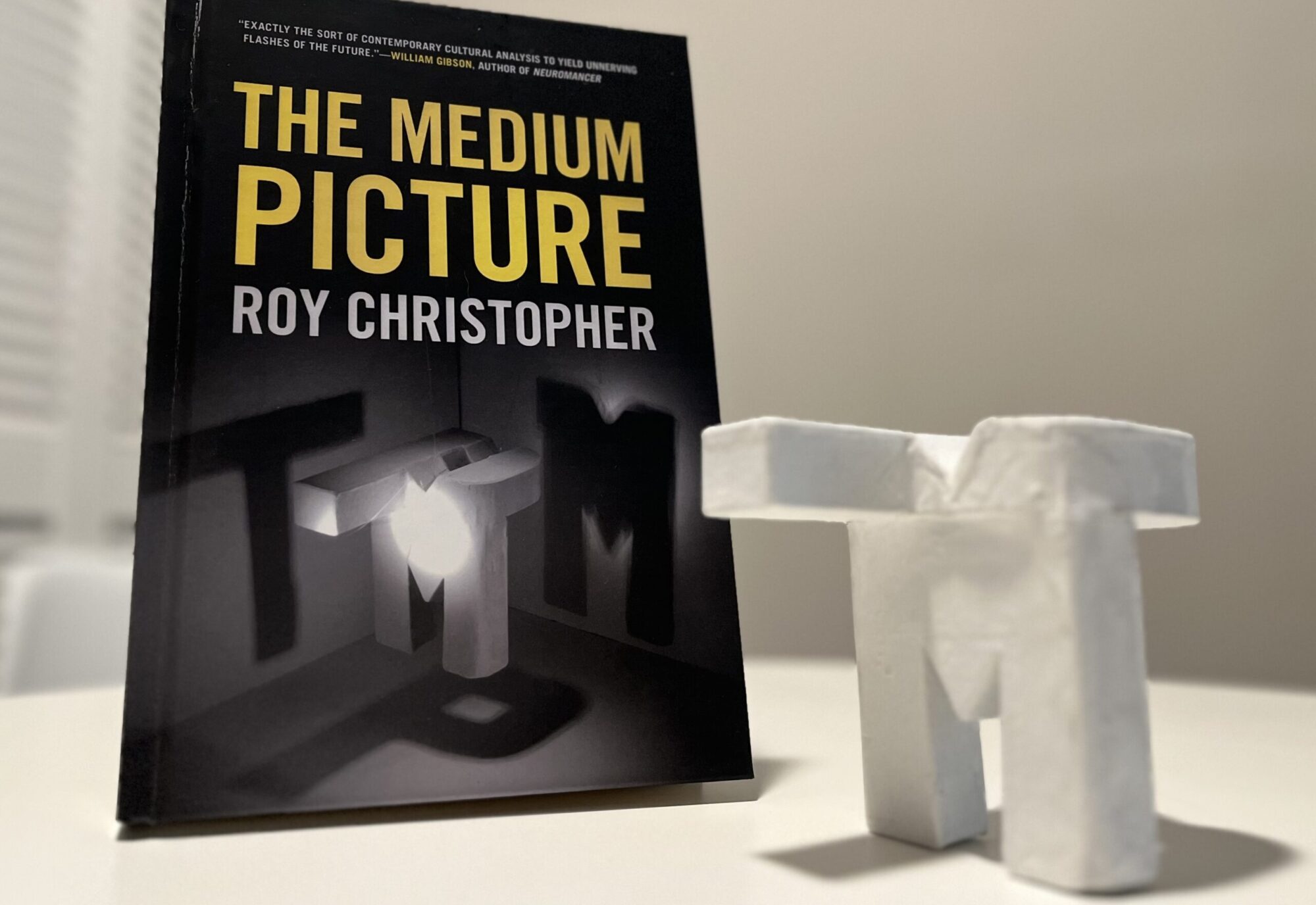“Who put thing together, huh? Me! Who do I trust? Me! That’s who!” — Scarface
One of my recent obsessions has been Shane Carruth’s movie Primer. The story revolves around two engineers who build a device in their garage, a device that turns out to alter time. As intriguing and fascinating as it is, on a deeper level, the science revealed in the film only acts as a catalyst for the evolution of their relationship, which moves from enthusiastic reliance to complete distrust. The two engineers, Abe and Aaron, start off as best friends hellbent on building their machine, but once things get out of control, a rift develops, and the two find that they can no longer work together. Upon first viewing, maybe their scientific discovery overshadows the nuances of their relationship, but once one gets past the idea of time travel (and the subsequently intricate plot structure), the human elements of the story move to the fore.
 So, after my second viewing of Primer, the idea of fading trust stuck in my head. My terministic screen was then duly haunted by it. Every time I go to a bookstore and I see Micheal Moore’s new book on display (Will They Ever Trust Us Again?), I cringe. I mean, I like Michael Moore, but in the same way that I like Dennis Rodman, Chad Muska, or Andrew WK: I’m not really a fan, but I’m glad he’s there doing his thing. But do I trust him? Not so much.
So, after my second viewing of Primer, the idea of fading trust stuck in my head. My terministic screen was then duly haunted by it. Every time I go to a bookstore and I see Micheal Moore’s new book on display (Will They Ever Trust Us Again?), I cringe. I mean, I like Michael Moore, but in the same way that I like Dennis Rodman, Chad Muska, or Andrew WK: I’m not really a fan, but I’m glad he’s there doing his thing. But do I trust him? Not so much.
I’ve also been on a Mike Ladd kick lately. A friend of mine in Seattle turned me on to his music several years ago, and I’ve been geeked enough to try to keep up since. It’s not easy. Ladd is the kind of artist who makes it difficult to be his fan: All of his records are on different labels, many under different names, and often categorized in different genres. Mike Ladd is a poet, a producer, a performer, and more. He’s usually found filed under “Hip-hop,” but genre distinctions cannot contain his work.
 Anyway, one of his recent records, done with phenomenal pianist Vijay Iyer, In What Language? is an exploration of travel and the breakdown of trust. The record’s namesake is the pre-9/11 experience of Iranian filmmaker Jafar Panahi: “While traveling from a festival in Hong Kong to one in Buenos Aires. Transiting through JFK, he was detained by INS officials, shackled to a bench in a crowded cell for several hours, and ultimately sent back to Hong Kong in handcuffs. Panahi’s description of this ordeal was widely circulated online. He wanted to explain his story to fellow passengers: ‘I’m not a thief! I’m not a murderer! … I am just an Iranian, a filmmaker. But how could I tell this, in what language?'” The airport represents the intersection of the vectors of travel, commerce, globalization, and culture: This is not neutral territory. Have you been to the airport lately? Do you feel trusted? Do you trust the people searching your bags?
Anyway, one of his recent records, done with phenomenal pianist Vijay Iyer, In What Language? is an exploration of travel and the breakdown of trust. The record’s namesake is the pre-9/11 experience of Iranian filmmaker Jafar Panahi: “While traveling from a festival in Hong Kong to one in Buenos Aires. Transiting through JFK, he was detained by INS officials, shackled to a bench in a crowded cell for several hours, and ultimately sent back to Hong Kong in handcuffs. Panahi’s description of this ordeal was widely circulated online. He wanted to explain his story to fellow passengers: ‘I’m not a thief! I’m not a murderer! … I am just an Iranian, a filmmaker. But how could I tell this, in what language?'” The airport represents the intersection of the vectors of travel, commerce, globalization, and culture: This is not neutral territory. Have you been to the airport lately? Do you feel trusted? Do you trust the people searching your bags?
And finally, I just got the new Sage Francis record. It’s title? A Healthy Distrust… (By this point, a pattern had emerged.) If you’re familiar with the work of Sage Francis, then you know where this title comes from. It’s the same distrust of Public Enemy, Refused, or Rage Against the Machine (and the same healthy dose that 49% of Americans currently have).
Like so many other intangibles, trust is a process. It’s something that gets checked and re-checked throughout the lifecycle of a relationship. It’s not something I’ve really put much thought into in a while, but my Primer obsession got me thinking about it. Shane Carruth used a scientific discovery to check the trust between his main characters, saying in an interview, “…some device or power is going to be introduced that’s going to change what’s at risk, what they are liable to lose if that trust is broken. And that’s going to be the thing that unravels their relationship, and not just relationships, I was interested in it because I think it’s universal, whether you’re talking about power structures in politics or whatever.”
Universal, yes. Always at the forefront of conscious concerns, no.








